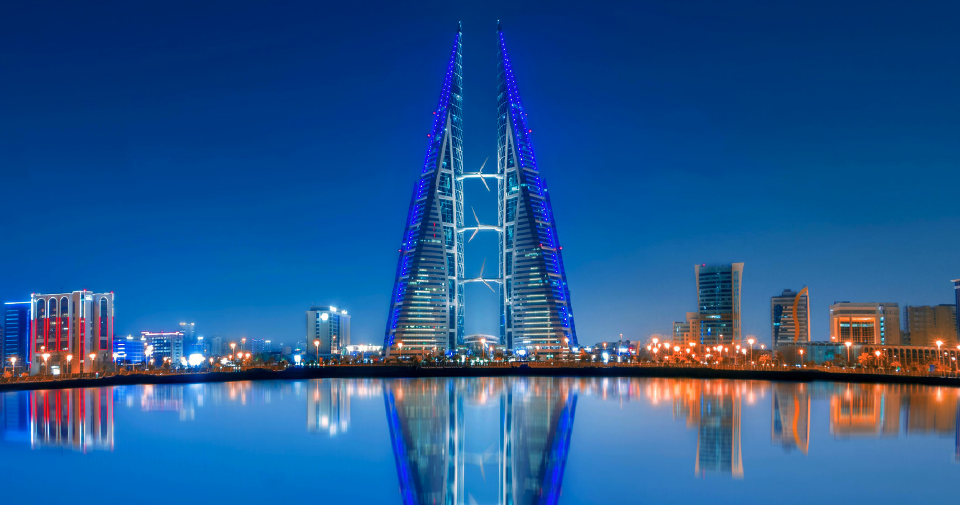What a difference a year – and, more to the point, Vladimir Putin – has made for the oil-rich emirate of Kuwait and its banking sector.
From 2020 until February this year, things had been rather grim for Kuwait. Like many elsewhere, Kuwaitis struggled through the Covid-19 pandemic and the sudden shock it dealt to the economy. But, unlike most developed nations, Kuwaitis had precious little in the way of diversified alternative economic activity to soften the blow of their nation’s near-absolute reliance on resources.
Access intelligence that drives action
To unlock this research, enter your email to log in or enquire about access


